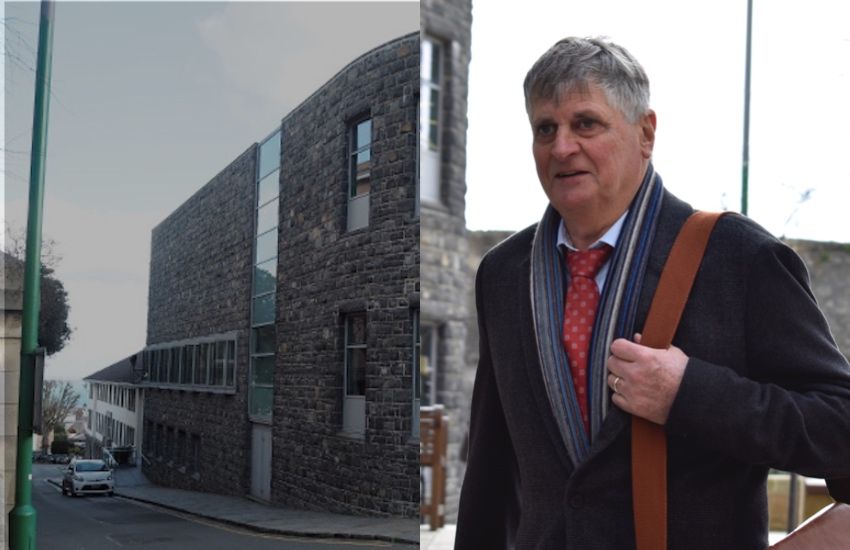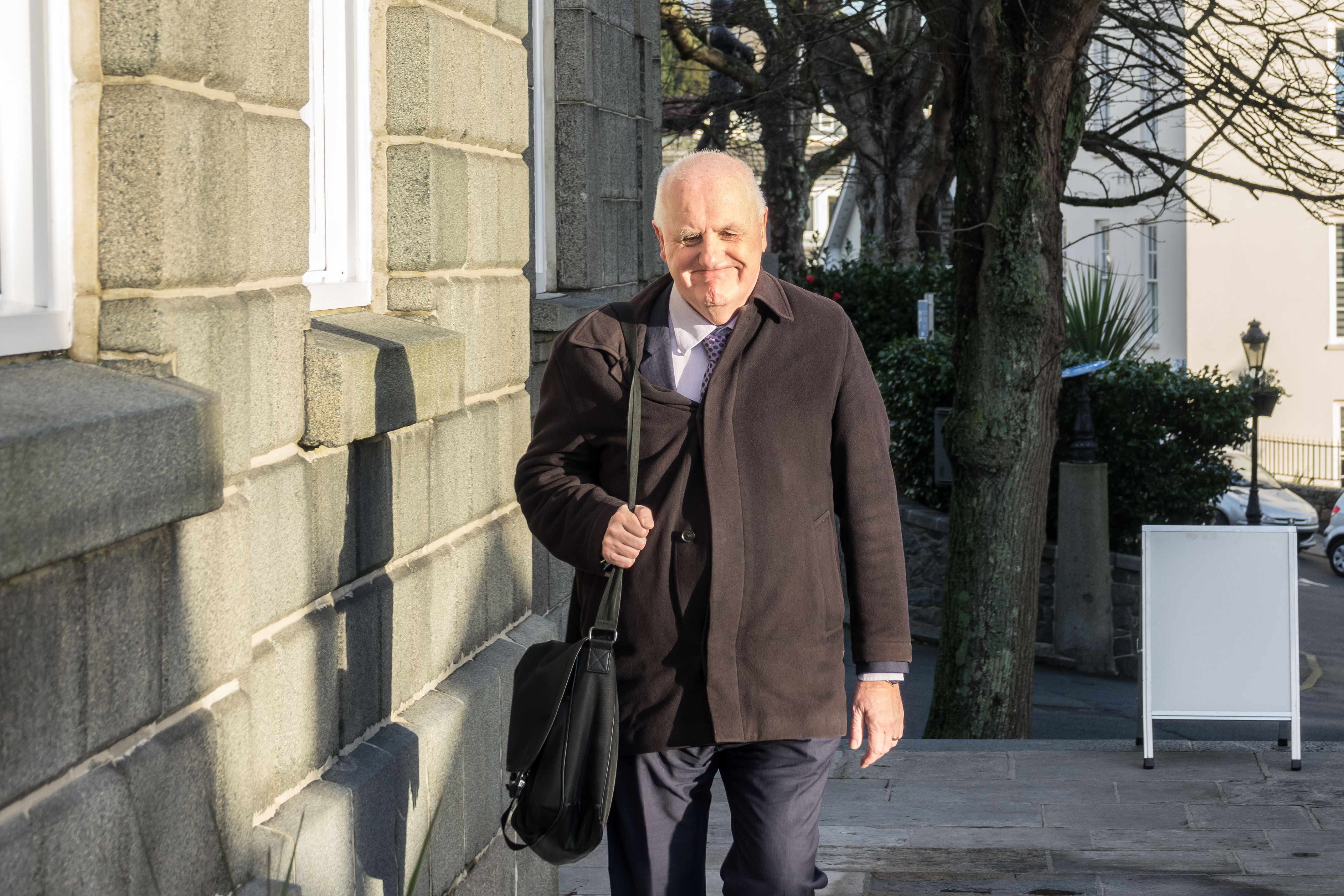


The States have unanimously passed reforms which will affect all criminal trials, with the accused to be compelled to lay out the basis of their defence prior to appearing in court through a new statutory statement.
The concept of adverse inferences allows the court to draw unfavorable conclusions when an individual charged with a crime chooses to remain silent or fails to mention evidence which they later put forward as relevant.
The finder of fact in criminal trials, whether a Magistrate or Jurats in the Royal Court, will be enabled to determine whether a defendant is guilty in some circumstances where they have failed to supply relevant, or any, evidence within the mandated case statements, particularly when the accused later relies on new evidence while in court.
The policy letter states that defendants' statements will “set out the nature of the defense, the facts in dispute and why, any points of fact or law on which the defendant intends to rely, details of any alibi, and details of any other witness whom the defendant intends to call”.
The new requirements have been closely modeled on similar obligations in Jersey and the United Kingdom. The latter first introduced similar reforms in 1994.
The changes were initially agreed by deputies last autumn, and were approved with little dissent yesterday morning.
Deputy Rob Prow, President of Home Affairs, told States members that the changes “would be of benefit to all participants in all criminal trials” by identifying the key issues in disputes early on “allowing all sides to focus on all those areas that remain in dispute”.
That would help to reduce delays, make better use of resources, and remove the requirement for witnesses to give evidence in person without a proper reason within the criminal justice system, he added.
Delighted principle of 'adverse inference' accepted today into criminal justice system by States for 'defence case statements.' Logical next step is to amend police caution to align - 30 years of experience and jurisprudence in E&W on which we can rely to safely make change.
— Gavin St Pier (@gavinstpier) May 24, 2023
Deputy Gavin St Pier said he was “pleased to see the changes” which will “help improve the system of the administration of justice”.
But he said there is “no good reason to not extend that principle to police cautions”, and that blockages include the ongoing review of the justice system, and the update of the police investigatory powers law, and the RIPL - or telephone pin code disclosure - law.
He argued that this work “must be resourced and prioritised” to combat “inherent inefficiencies” within the justice system.
Deputy Prow agreed with these principles but admitted priority has been given to financial crime in the meantime as the specter of MONEYVAL draws nearer.
“I'm sure Deputy St Pier supports that notwithstanding the comments he has made,” he said.
Deputy Prow added that a full review of the Police Powers and Criminal Evidence law has already been agreed and is a “real commitment” of his committee, but officer resource has not yet been found to that end.

Pictured: Legal-eagle Deputy Ferbrache supported the move but questioned if it would have a positive effect on administration.
P&R President, Deputy Peter Ferbrache supported the changes, citing his time as a defence lawyer in the 1970s when police interviews were often conducted in police stations late at night with no legal representation present or taping.
However he cast doubt over whether the changes would improve judicial efficiencies, saying instead they “won’t streamline” and were likely to add cost.
Another issue was whether defendants may claim ignorance of the requirement to make and have eyes on a defense statement during court proceedings.
Sitting down early to set out the main points of dispute early could stop any parties being “taken by surprise at trial”, he said, but he had to “wonder” if the new procedures would stop that.
Comments
Comments on this story express the views of the commentator only, not Bailiwick Publishing. We are unable to guarantee the accuracy of any of those comments.